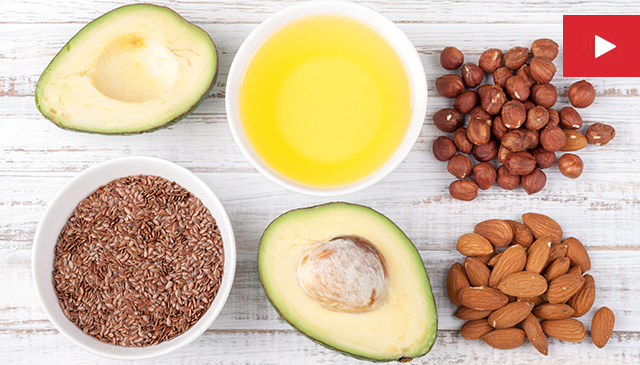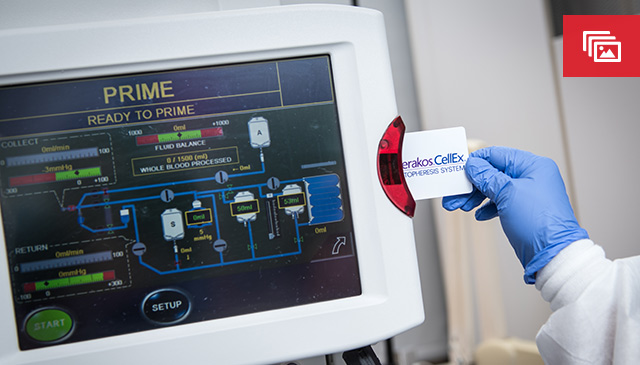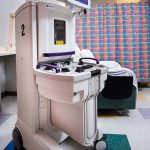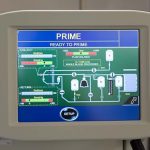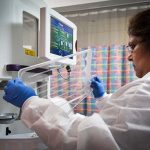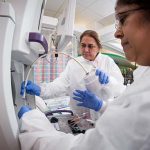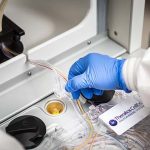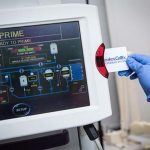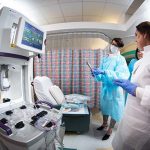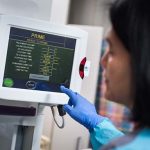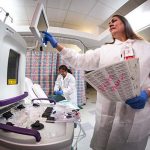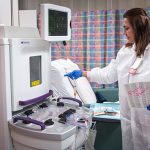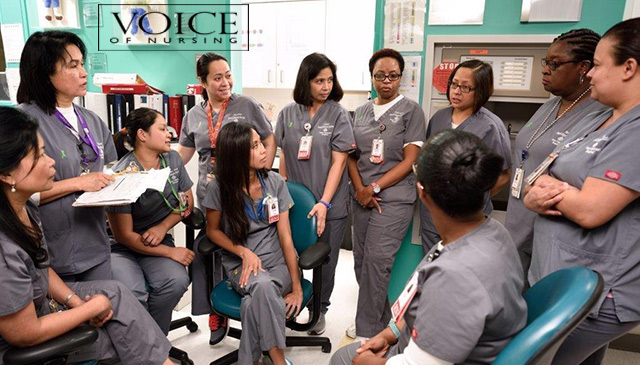
Texas Children’s is establishing labor pools to be staffed by employees across the system who have the skills and abilities to fulfill any potential labor needs during the COVID-19 event. The following labor pool roles are available at this time:
All employees are eligible
- Patient/visitor screener
Registered nurse and Advanced Practice Provider only
- Employee Health support
- Emergency Center phone support
- Emergency Center nursing support
We are asking leaders and/or team members who have leadership approval and are interested in volunteering to follow the steps below. Prior to signing up, please speak to your leader to ensure you can be relieved of your current responsibilities without disrupting any core departmental operations.
As labor needs emerge, pool participants will be evaluated against any requirements. Team members selected to fulfill labor pool assignments will be contacted separately to confirm participation and will be provided with additional training, if applicable.
Medical Center campus
Please sign up via this link (best opened with Google Chrome) as soon as possible. A confirmation email will be sent to you and your immediate supervisor with shift details. Team members can request shifts for Emergency Center Nursing support via the COVID19 Labor Team inbox at covid19laborteam@texaschildrens.org. If you have any questions, please contact covid19laborteam@texaschildrens.org.
West Campus and The Woodlands
Team members interested in volunteering for the labor pools at West Campus or The Woodlands are to email the labor teams at their respective campus:


